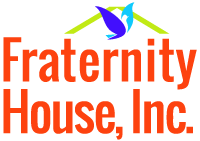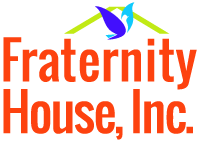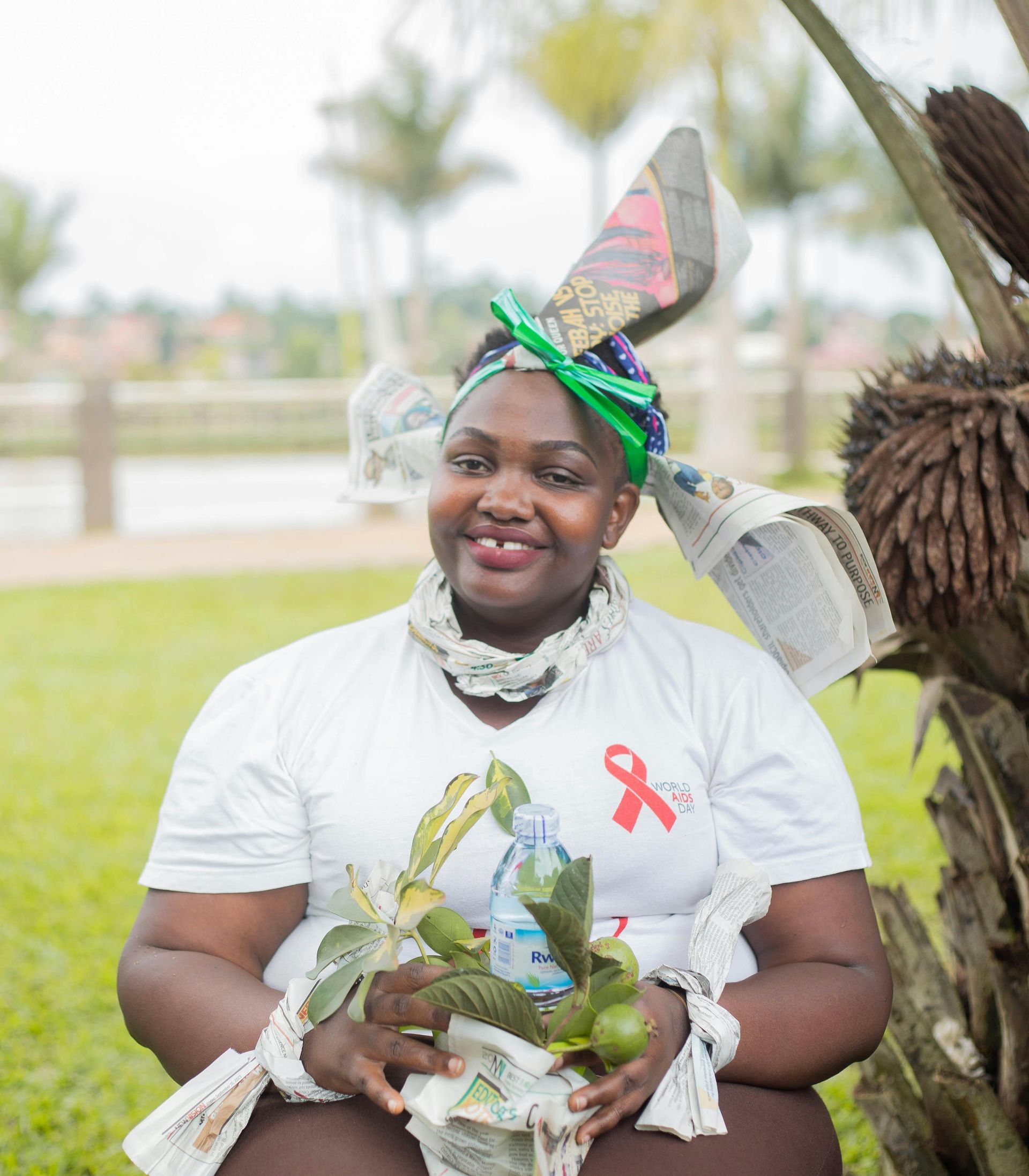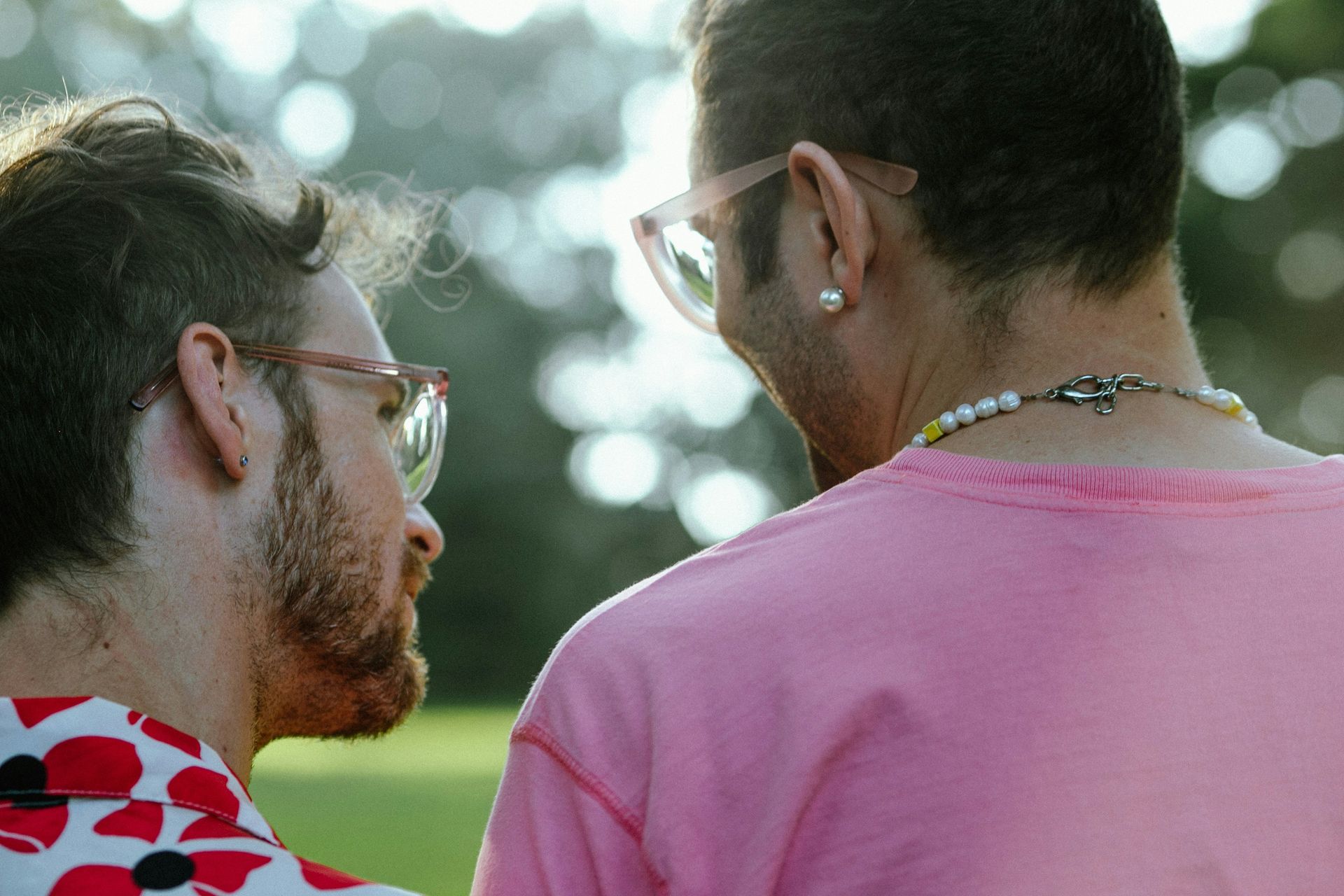Mid 1980's
Ray Beierle began housing homeless/runaway young men at his home in Escondido. When people would ask the residents where they lived, or when neighbors asked why so many men lived in one place, Ray’s stock answer was “Tell them it’s a fraternity house.” It soon became apparent that many of the young men were infected with—and dying from—the disease we eventually came to know as AIDS. Fear was pervasive, and no one else would take them in except Ray, who was assisted by a few brave volunteers.
Mid 1989
Ray Beierle left the organization. There was only one employee (the house manager) and very little funding, but many individuals volunteered countless hours to ensure that Fraternity House would survive. Mary Jane Boyd, Bob Dean, and Mike Goupill, among others, managed to keep the organization afloat.
1988
Fearful of AIDS, Ray’s neighbors forced him to move the shelter out of his home. He rented a house in Oceanside for the express purpose of running the shelter for 8 to 10 men. On May 31, 1988, Fraternity House was formally incorporated and granted nonprofit status as a 501(c)(3) entity (tax ID #33-0306861). It was the only AIDS hospice in San Diego County.
1990–1992
Fraternity House continued to grow and add caregiving staff members because of the pressing need for services, despite being evicted from two subsequent homes in Oceanside. Women also began to seek refuge within its doors.
1993
Fraternity House moves to a permanent home in Elfin Forest through a $1-per-year lease with San Diego County. This serene location becomes a cornerstone of the organization’s work.
1997
Michaelle House opens in Vista, expanding the organization’s capacity and honoring Michaelle Liddell, an AIDS activist who fought tirelessly for the rights and dignity of people with HIV/AIDS.
1996
Fraternity House earns one of California’s first Residential Care Facility for the Chronically Ill (RCF-CI) licenses, allowing it to provide both end-of-life care and support for residents transitioning back to independence.
2000s
Throughout this decade, Fraternity House grows its caregiving team, adds services, and adapts to changing needs as life-saving medications make long-term management of HIV/AIDS more feasible.



